I knew, the minute my job was first mooted, on the steps of San Francesco church in the sun-drenched, mafia-infested Sicilian town of Noto, that I would be the last editor of the (printed) Independent. This fact was reinforced at 17.21 on my first day, when the daily email from our circulation department put the figure for our paid-for circulation at 42,000.
Already a subscriber? Log in
Subscribe for just $2 a week
Try a month of The Spectator Australia absolutely free and without commitment. Not only that but – if you choose to continue – you’ll pay just $2 a week for your first year.
- Unlimited access to spectator.com.au and app
- The weekly edition on the Spectator Australia app
- Spectator podcasts and newsletters
- Full access to spectator.co.uk
Or
Unlock this article
Amol Rajan is the last editor of the printed Independent.
You might disagree with half of it, but you’ll enjoy reading all of it. Try your first month for free, then just $2 a week for the remainder of your first year.

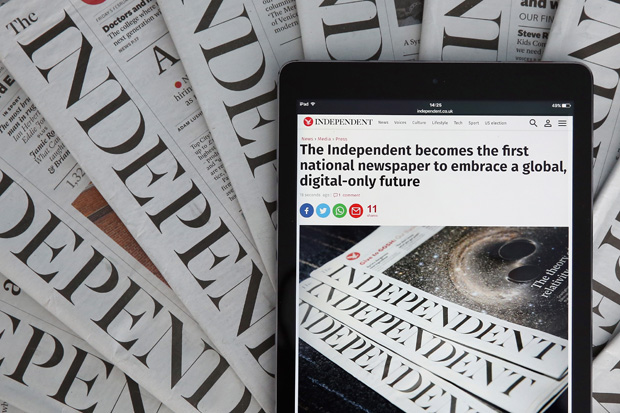
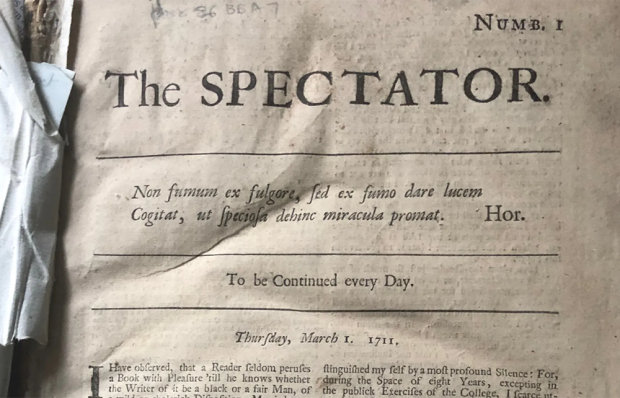
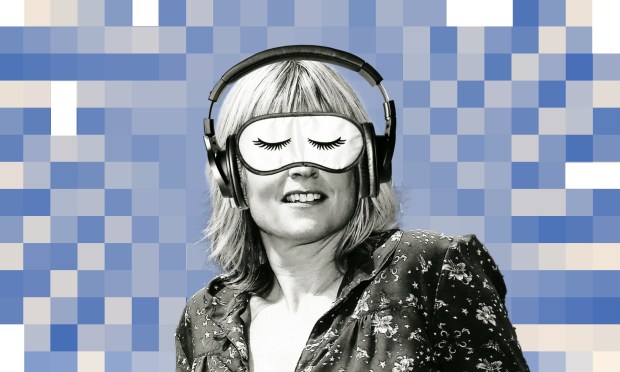
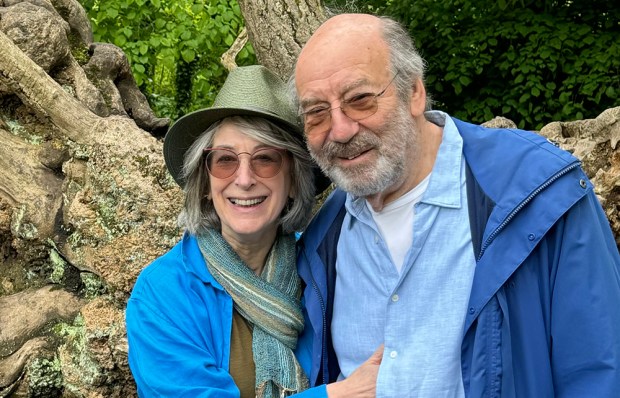
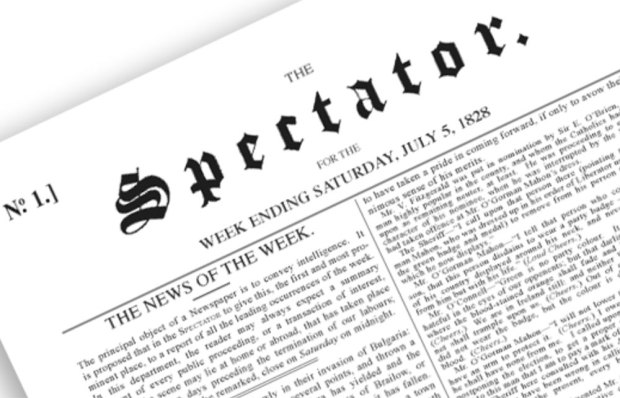
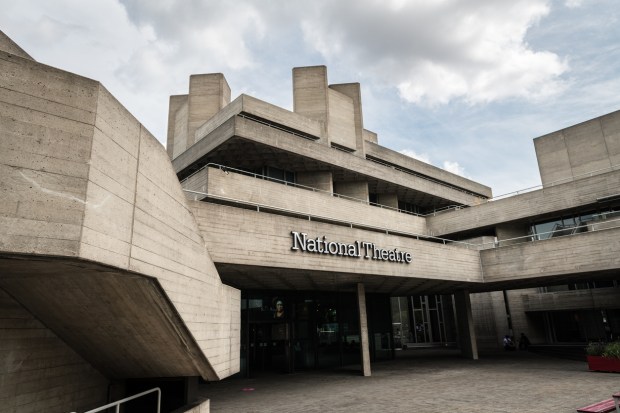
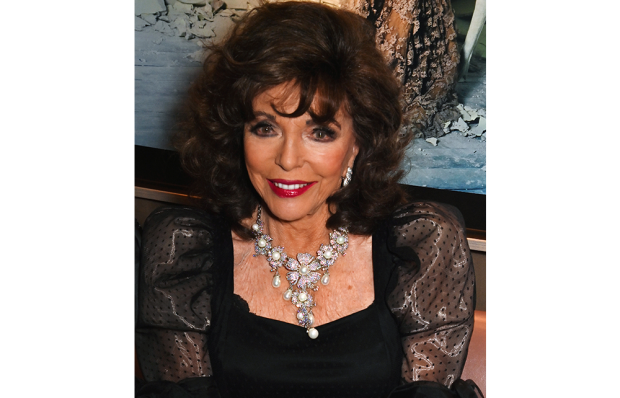






Comments
Don't miss out
Join the conversation with other Spectator Australia readers. Subscribe to leave a comment.
SUBSCRIBEAlready a subscriber? Log in